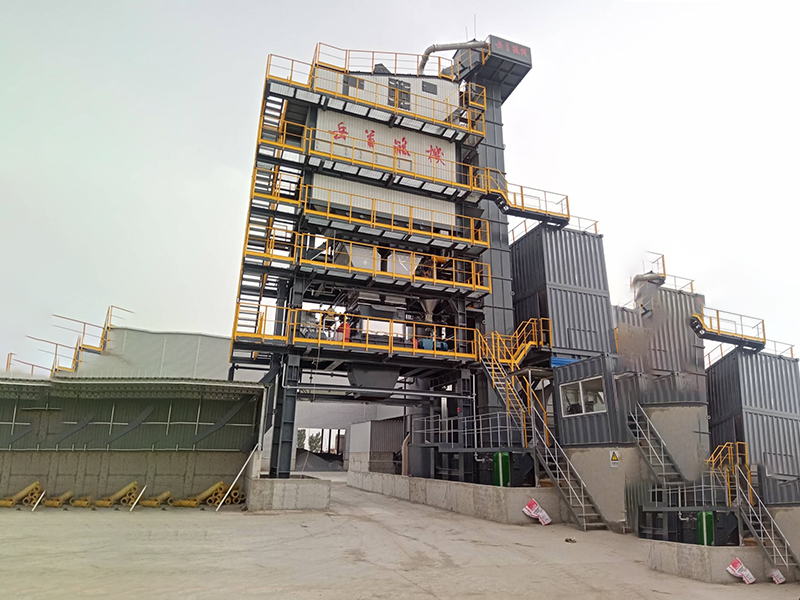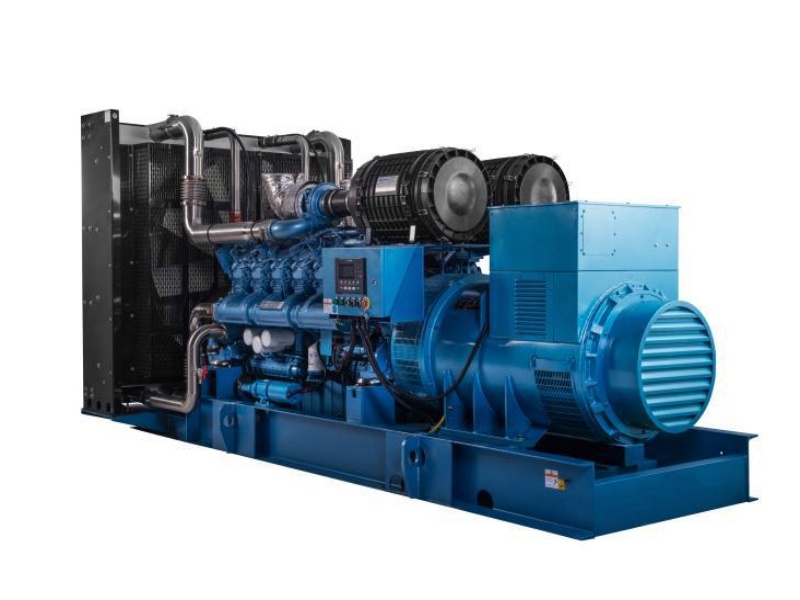CE Certification mobile concrete plant
Achieving Compliance: A Guide to CE Certification for Mobile Concrete Plants
This comprehensive guide explores the intricacies of obtaining CE certification for your mobile concrete plant. We'll cover essential requirements, testing procedures, and best practices to ensure a smooth and successful certification process. Learn how to navigate the regulations and achieve compliance, minimizing potential delays and maximizing operational efficiency. Discover the key aspects that impact certification and ensure your plant meets European Union safety and quality standards.
Understanding CE Certification for Mobile Concrete Plants
The CE marking signifies that a product complies with all applicable EU health, safety, and environmental protection legislation. For a CE Certification mobile concrete plant, this means demonstrating conformity to directives such as the Machinery Directive (2006/42/EC) and potentially others depending on the specific features and functionalities of the plant. This certification is crucial for selling and operating your plant within the European Economic Area.
Key Directives and Standards
The Machinery Directive (2006/42/EC) is the primary directive relevant to CE Certification mobile concrete plants. This directive outlines essential health and safety requirements for machinery, including aspects such as:
- Mechanical hazards
- Electrical hazards
- Ergonomic considerations
- Noise emissions
Specific standards harmonized with the Machinery Directive, such as EN ISO 12100 (safety of machinery) and others related to specific components of the plant, will also need to be addressed. Compliance with these standards is vital for obtaining CE certification. Consulting with a notified body is strongly recommended.
The CE Certification Process: A Step-by-Step Guide
The process typically involves several key steps:
1. Risk Assessment
A thorough risk assessment is the foundation of the entire process. This involves identifying potential hazards associated with the CE Certification mobile concrete plant and implementing appropriate safety measures to mitigate those risks. This documentation is crucial for demonstrating compliance.
2. Technical File Preparation
A comprehensive technical file is required, documenting all aspects of the plant's design, manufacturing, and testing. This file serves as proof of conformity and should include detailed drawings, schematics, test reports, and declarations of conformity. This documentation needs to be meticulously organized and readily available for audits.
3. Conformity Assessment
Depending on the complexity of the plant and the chosen conformity assessment procedure (e.g., internal production control, type examination), this might involve testing by a notified body. A notified body is an independent organization designated by a member state to assess the conformity of products to EU directives. They will verify that your CE Certification mobile concrete plant meets the necessary requirements.
4. CE Marking and Declaration of Conformity
Once conformity is verified, the CE marking can be affixed to the plant, and a Declaration of Conformity (DoC) must be drawn up. The DoC is a formal declaration by the manufacturer stating that their plant complies with all applicable EU legislation. This document is a crucial element of compliance.
Choosing the Right Notified Body
Selecting a reputable and experienced notified body is vital for a smooth certification process. Factors to consider include their expertise in the construction machinery sector, their reputation for efficiency, and their understanding of the specific requirements for CE Certification mobile concrete plants. Thorough research is recommended.
Maintaining CE Compliance
CE certification is not a one-time event. Ongoing monitoring and maintenance are essential to ensure continued compliance. Any significant modifications to the plant may necessitate further assessment and potentially recertification.
For high-quality mixing equipment and assistance with navigating the complexities of CE certification, consider partnering with Taian Yueshou Mixing Equipment Co.,Ltd. Their expertise in manufacturing concrete mixing equipment could prove invaluable in this process.
Related products
Related products
Best selling products
Best selling products-
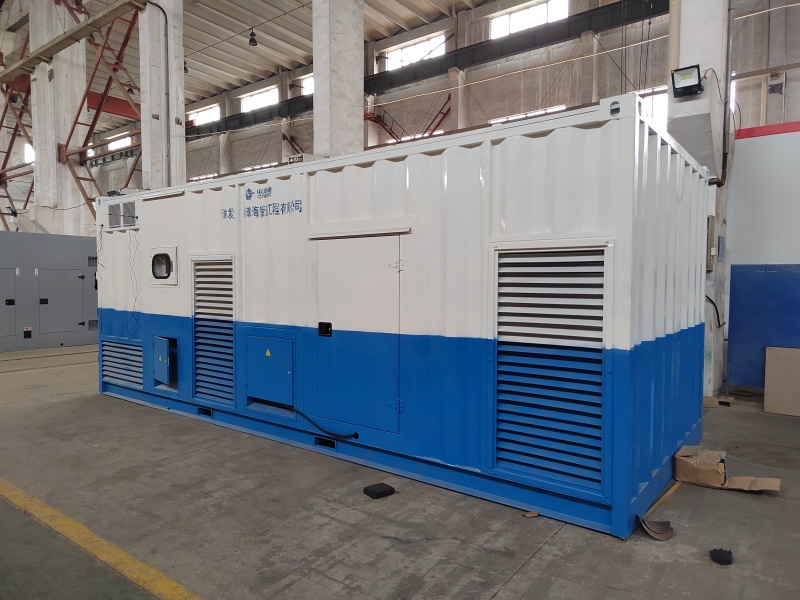 GENERATOR EXTENSION SERIES
GENERATOR EXTENSION SERIES -
 Concrete Batching Plant
Concrete Batching Plant -
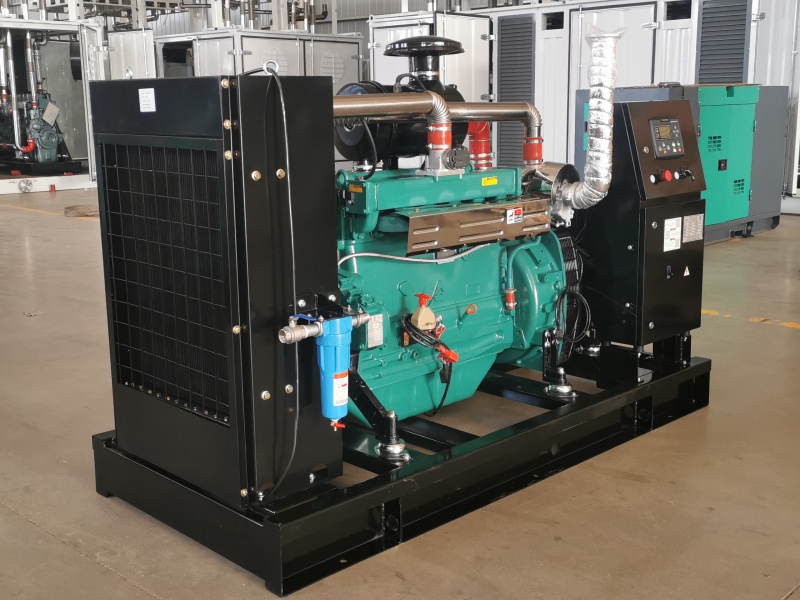 GAS TURBINE AND WATER PUMP SERIES
GAS TURBINE AND WATER PUMP SERIES -
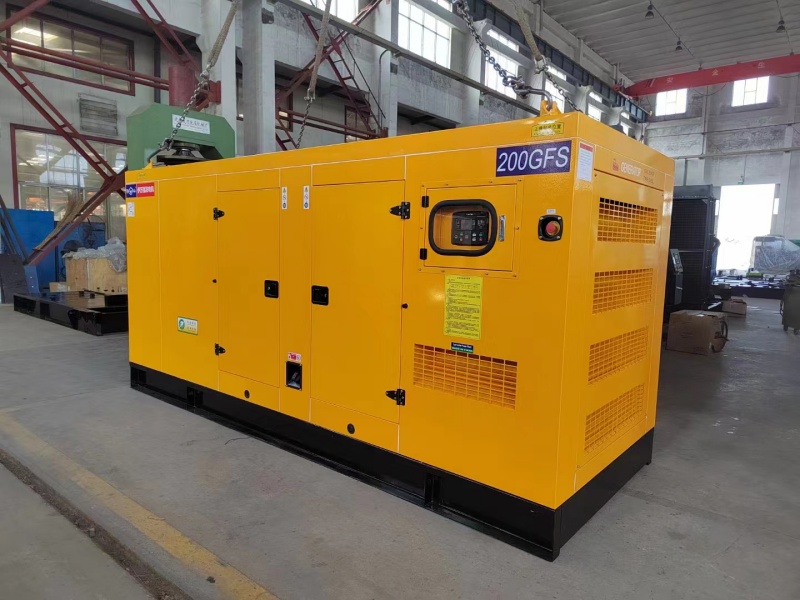 SOUNDPROOF GENERATOR SETS
SOUNDPROOF GENERATOR SETS -
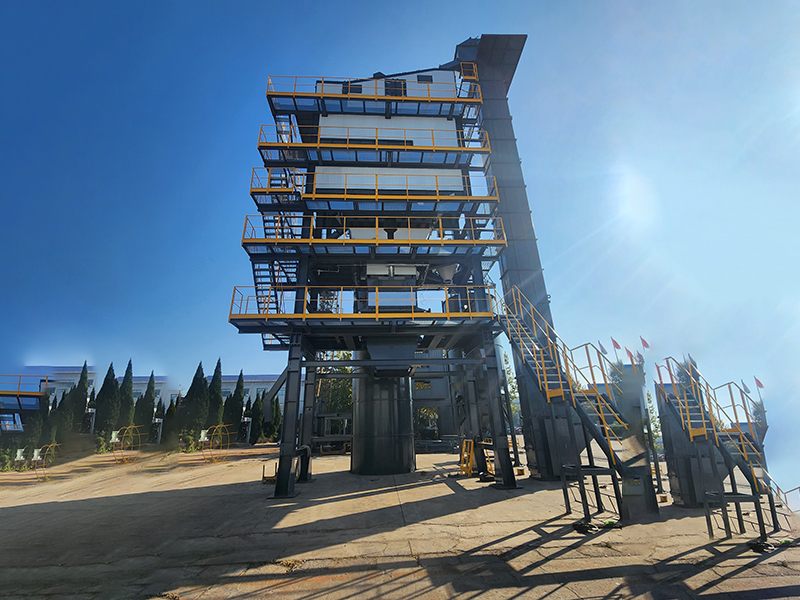 LB4000 asphalt mixing plant
LB4000 asphalt mixing plant -
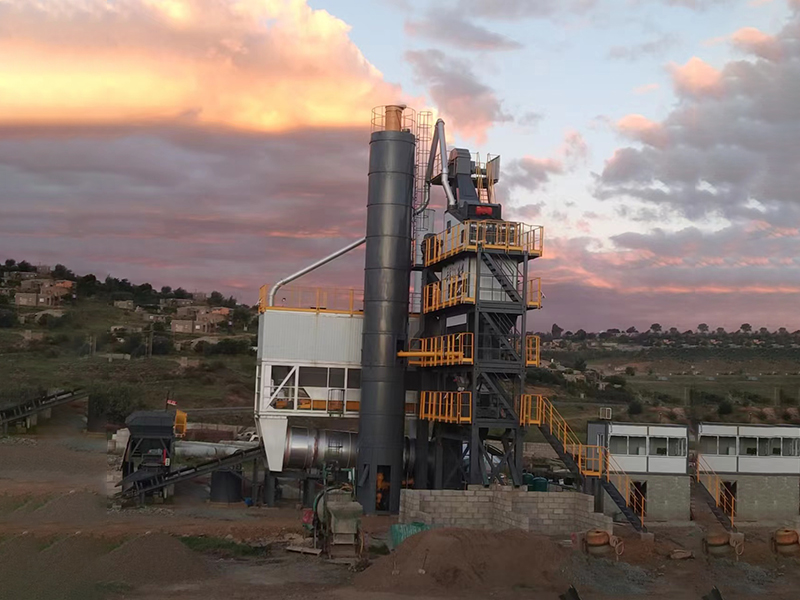 LB1500 asphalt mixing plant
LB1500 asphalt mixing plant -
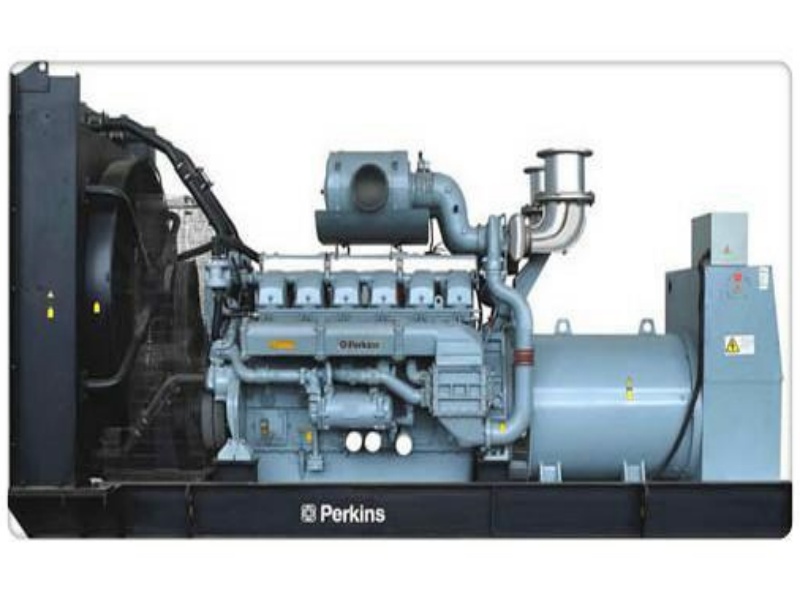 PERKINS SERIES DIESEL GENERATOR SET
PERKINS SERIES DIESEL GENERATOR SET -
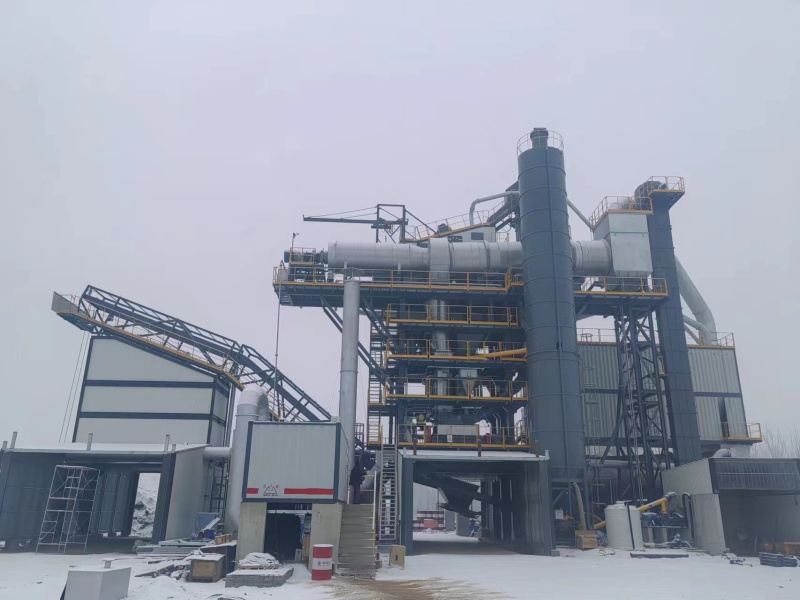 Static Batch Asphalt Mixing Plant Manufacturer
Static Batch Asphalt Mixing Plant Manufacturer -
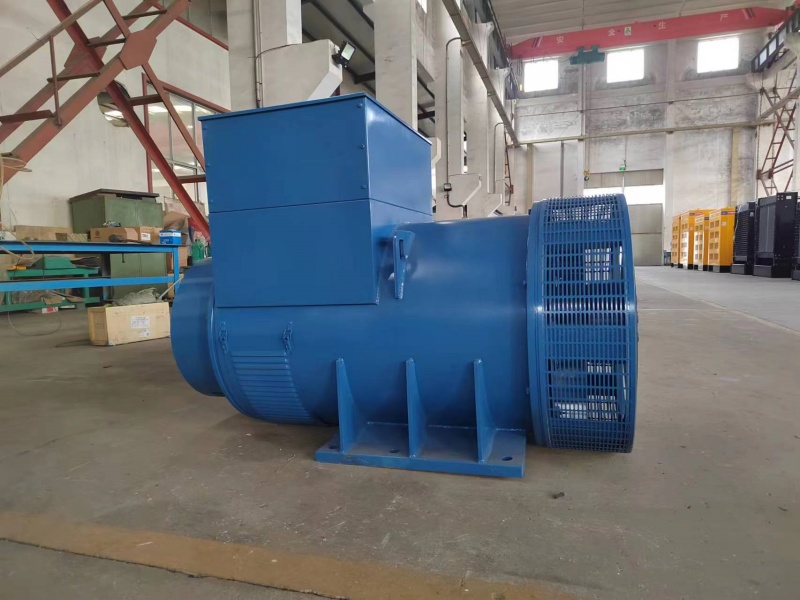 YIWANFU – Alternator
YIWANFU – Alternator -
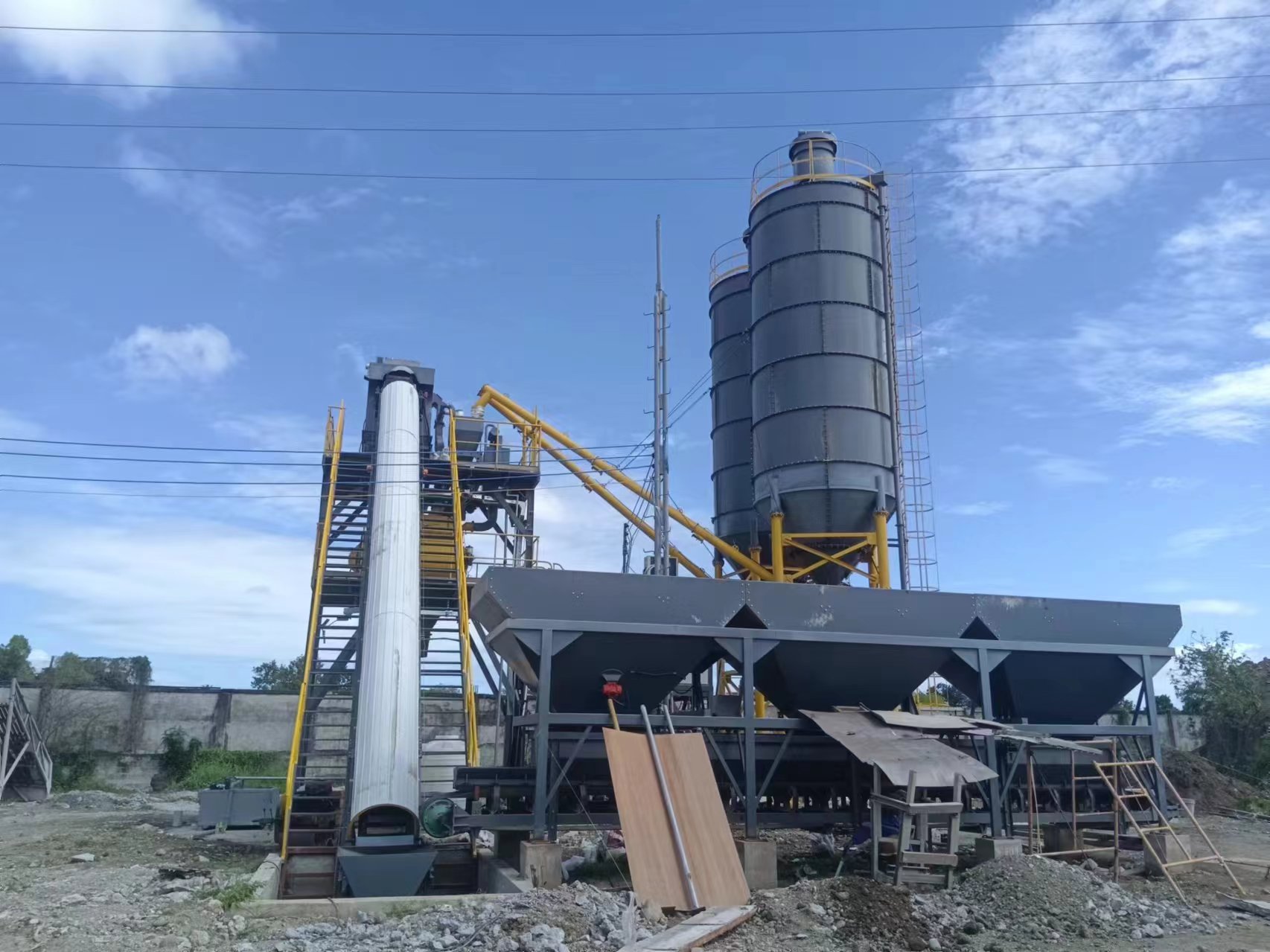 HZS60 concrete mixing plant
HZS60 concrete mixing plant -
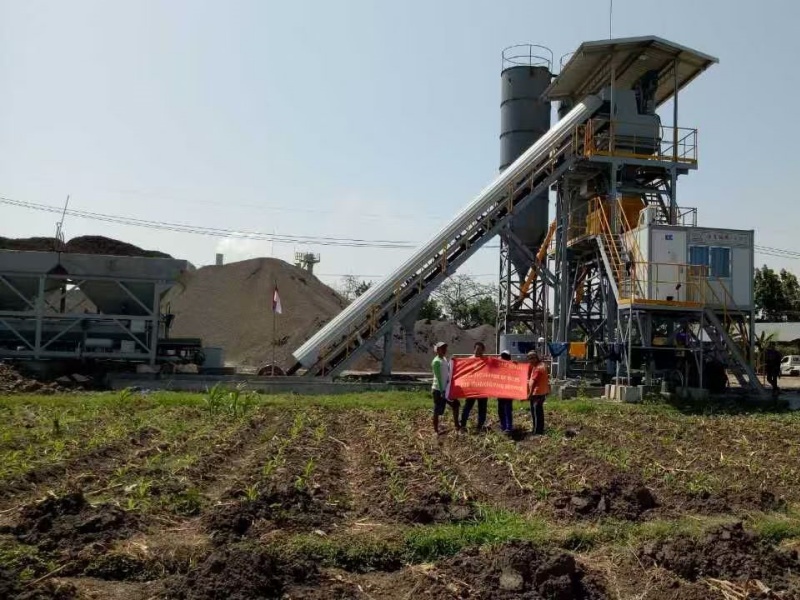 HZS75 Concrete mixing plant
HZS75 Concrete mixing plant -
 Mobile Type soil batching plant
Mobile Type soil batching plant
Related search
Related search- High-Quality apollo concrete batching plant Company
- High-Quality small asphalt plant Product
- High-Quality compact concrete batching plant Exporters
- High-Quality mobile concrete batching plant price
- High-Quality lorusso asphalt plant Products
- High-Quality boral concrete plant Exporters
- High-Quality allan myers asphalt plant Products
- Wholesale miller asphalt plant
- Buy recycled asphalt plant
- Best holcim concrete plant

